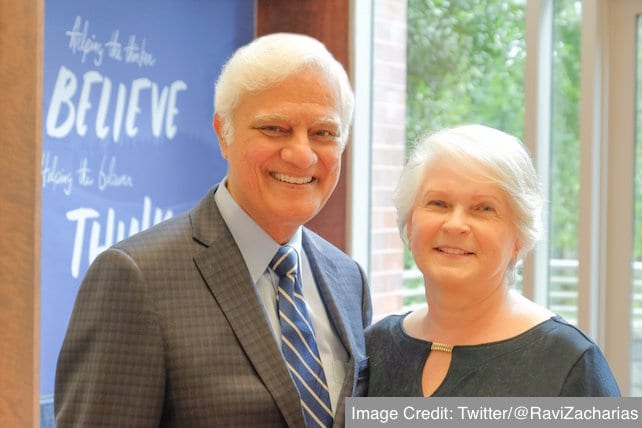Three weeks ago, I had the privilege to serve on the ordination council of four young men here at Cross Church that we were considering for Ordination to the Ministry. The council was the culmination of a long process. All four men had clear testimonies of salvation and a later call of God on their lives to the ministry. All four had been previously Licensed to the Ministry by either our church or another church. And all four had been under the supervision and watch care of our staff for a season as we considered their readiness for ordination.
And so, in a meeting room of Cross Church, along with seven fellow pastors, we spent two hours with this group of four going deep, deep, deep, into their readiness for ministry, their commitment to their calling, their theological anchoring to orthodoxy and much more. I am happy to report that all four were unanimously recommended for ordination by the council and all four will be formally ordained this Sunday morning on the Cross Church campus where they serve.
The whole experience for me was a real throwback to my own ordination council, now over 20 years ago. It really took me back to the roots of my own calling and all the reasons why I do everything I do on a day-in and day-out basis. Ministry is hard. Ministry is wonderful. Ministry will take all you have and then some. And ministry will add more to the life of a pastor than could ever be counted. But one thing is certain…in order to survive and thrive in ministry, you must be called. And that is the purpose of the ordination council, to discern the true calling and readiness of the candidate.
With that said, allow me to steer your thoughts today, pastor, back to the moment of your own calling and ordination. As the years progress, it is easy to drift. Not necessarily morally or ethically, but drift by way of why you are doing what you do. And in that vein, allow me to share some of those most basic of basics that I shared with our candidates three weeks ago, that I once again reminded myself of, and of which we all need to never drift.
• Keep your focus on Jesus. Don’t become so focused on ministry that you forget who it’s all about.
• Love the church. The church is people, and this can be hard to do at times, but loving people is the essence of ministry.
• Uphold the Bible as God’s inerrant, infallible Word. Study it, learn to preach it/teach it. It is amazing that some of those who carry the title today of “clergy” deny the truth of God’s Word. The Bible IS the standard of all Truth and this can never be forgotten.












